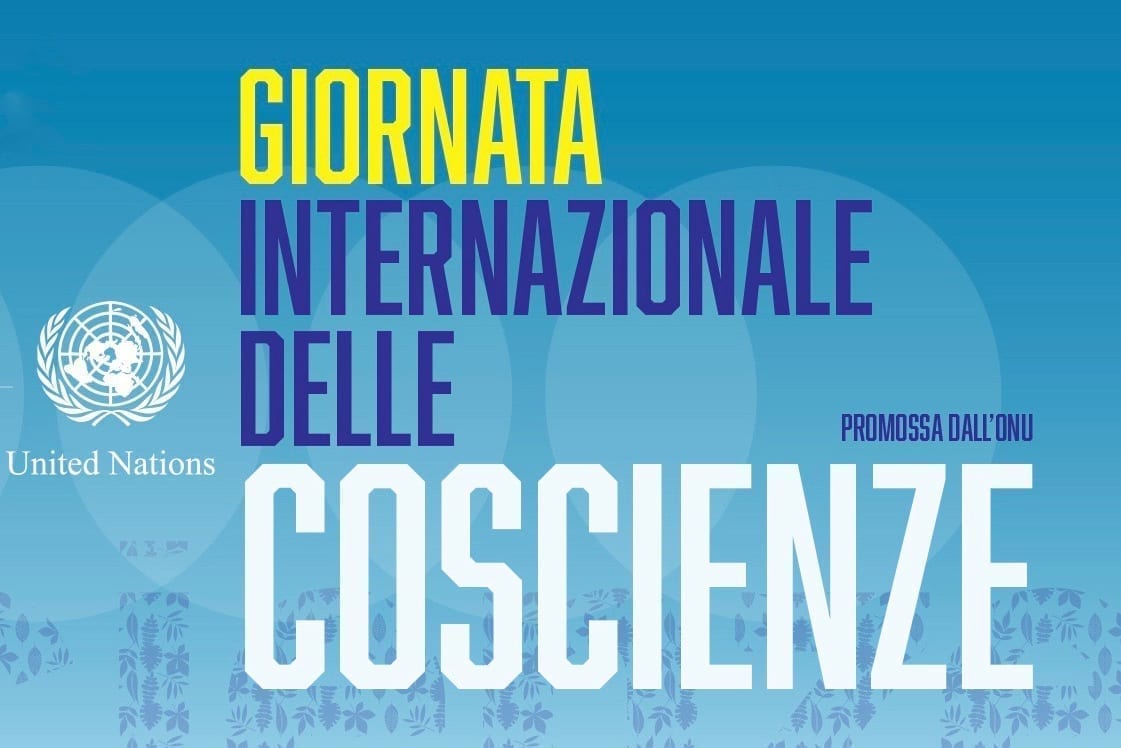Rome (Italy). February 20, 2025 is the World Day for Social Justice, established by the UN General Assembly in 2007 to support the efforts of the international community and raise awareness among institutions and public opinion about the importance of equity, Equality, and access to fundamental rights for all individuals. It was first celebrated in 2009 with the theme, “Enhancing Inclusion: Strengthening Protections against Inequality”.
In commemorating this day, one can reflect on these questions: What is the meaning of this day for me? How can an individual contribute to social justice?
This year’s theme, “Empowering Inclusion: Bridging Gaps for Social Justice,” invites to relationship. It encourages making room for everyone in their hearts and in society, and building meaningful relationships. True social justice goes beyond words: it requires action, awareness, and a constant commitment to inclusion. Enhancing inclusion means recognizing and addressing systemic barriers that marginalize individuals and communities. It means filling gaps in access, representation, and opportunities so that every person, regardless of their context, can participate fully in society.
Reflecting on this theme, one can ask how each person can become an agent of change, fostering environments where justice is not only an ideal but a lived reality.
In the age of technological advancement and constant connectivity, it may seem paradoxical that, while being more connected than ever before, one risks being overwhelmed, distracted by continuous stresses that drive you away from building authentic bonds. As a result, one may feel increasingly disconnected from God, from others, and from oneself. When these three fundamental connections lose their meaning, it becomes more difficult to cultivate deep relationships, leading to a growing insensitivity towards the surrounding world. The more indifferent one becomes, the greater the gap one creates between oneself and others.
For this, every individual on this planet has a significant role in contributing to the construction of a just world. A solid relationship with God, with oneself, and with others is essential to foster personal and social transformation.
In the context of the mission among young people, we realize that the young seek authenticity, meaning, and closeness, but often struggle to feel truly in relationship with God, with themselves, and with others. Distractions, social pressures, and constant ‘digital noise’ can make it difficult to grow spiritually and build meaningful relationships. However, by making their faith personal, determinative, and action-oriented, they can be helped to deepen their relationship with God, better understand themselves, and build strong and loving communities. The real relationship is that it can give them stability and a lasting sense of what they live.
On Christmas night 2024, Pope Francis said: “Sisters, brothers, this is the Jubilee, this is the time of hope! It invites us to rediscover the joy of meeting with the Lord, calls us to spiritual renewal, and commits us in the transformation of the world, so that this may truly become a jubilee time: become it for our mother Earth, distorted by the logic of profit; become it for the poorest countries, burdened by unjust debts; become it for all those who are prisoners of old and new forms of slavery.”
Justice and hope are the foundation of personal growth and social change. The interaction between these two forces creates a cycle of empowerment: hope ignites the desire for change, while justice provides the means to achieve it. Justice strengthens hope, ensuring that trust in equity is not misplaced. Hope supports movements and efforts towards continuous progress.
One can imagine Justice as a bridge and Hope as the Beacon of Light on this path. Justice is the bridge, which provides the structural path to equity and fairness, while hope is the beacon of light, which illuminates the road to travel even in the darkest moments. Together, they empower individuals and communities to overcome oppression, heal divisions, and work for a better future. It is the bridge that connects people to their rights, ensuring that justice prevails over oppression and that accountability triumphs over impunity.
A just society provides procedures, laws, institutions, and ethical standards that support equality and protect the most vulnerable. Without justice, chaos takes over. When individuals feel deprived of their rights or subject to discrimination, resentment grows, leading to unrest. Justice is a stabilizing force, which resolves conflicts, addresses injustices, and promotes harmony. However, justice alone is not enough; people need to believe that a better future is possible. This is where hope comes in.
Hope is the unwavering light that inspires individuals to continue to struggle, even in the face of injustice. Hope does not negate the difficulties that people face; rather, it provides the strength to resist and the horizon to strive for change. Great figures like Martin Luther King, Nelson Mandela, and Malala Yousafzai embodied hope as they fought for justice. Their unwavering faith in a better tomorrow has helped to bridge inequalities and injustices, demonstrating that hope is a powerful engine of transformation.
Building a just and hopeful world is a responsibility. To cultivate a world in which justice and hope grow together, individuals and institutions must work together. Governments need to support fair laws, communities need to promote inclusion, and people need to inspire each other with hope. The bridge of justice ensures that no one is left behind, while the beacon of hope reminds us that a better world is always within reach. Navigating the complexities of life, it is necessary to hold on to both, ensuring that justice prevails and that the light of hope never fades.
“We enjoy a space of co-responsibility capable of initiating and generating new processes and transformations. (…) It only takes the free, pure, and simple desire to be a people, to be constant and tireless in the commitment to include, integrate, to raise up those who have fallen” (Pope Francis, Fratelli tutti, 77).


















